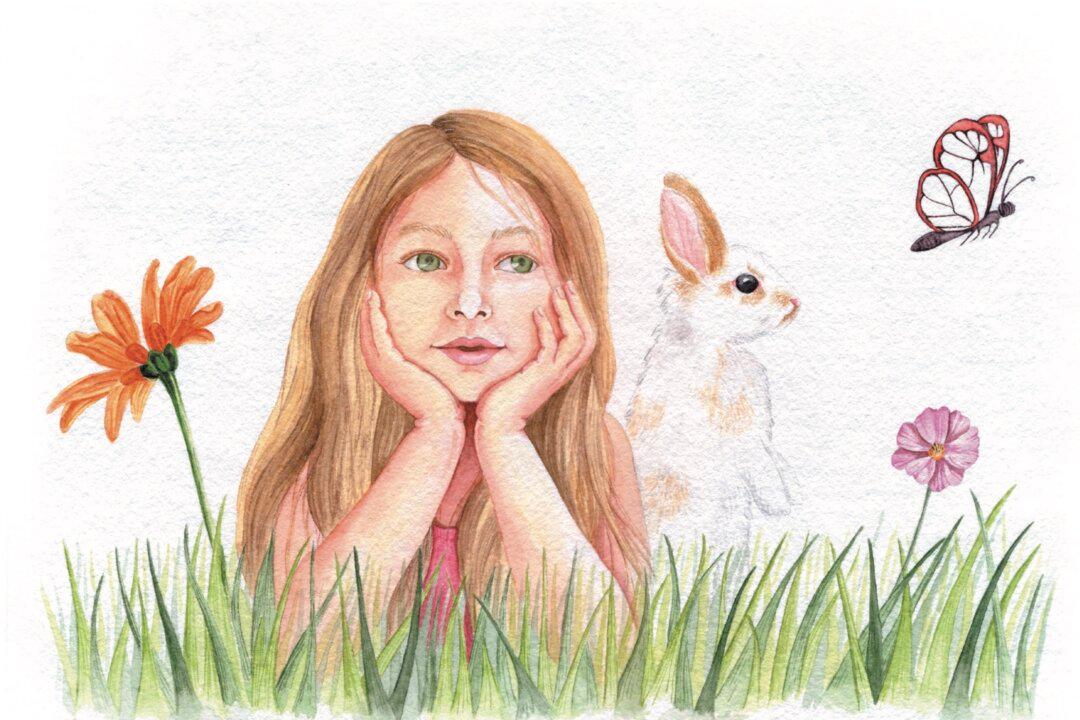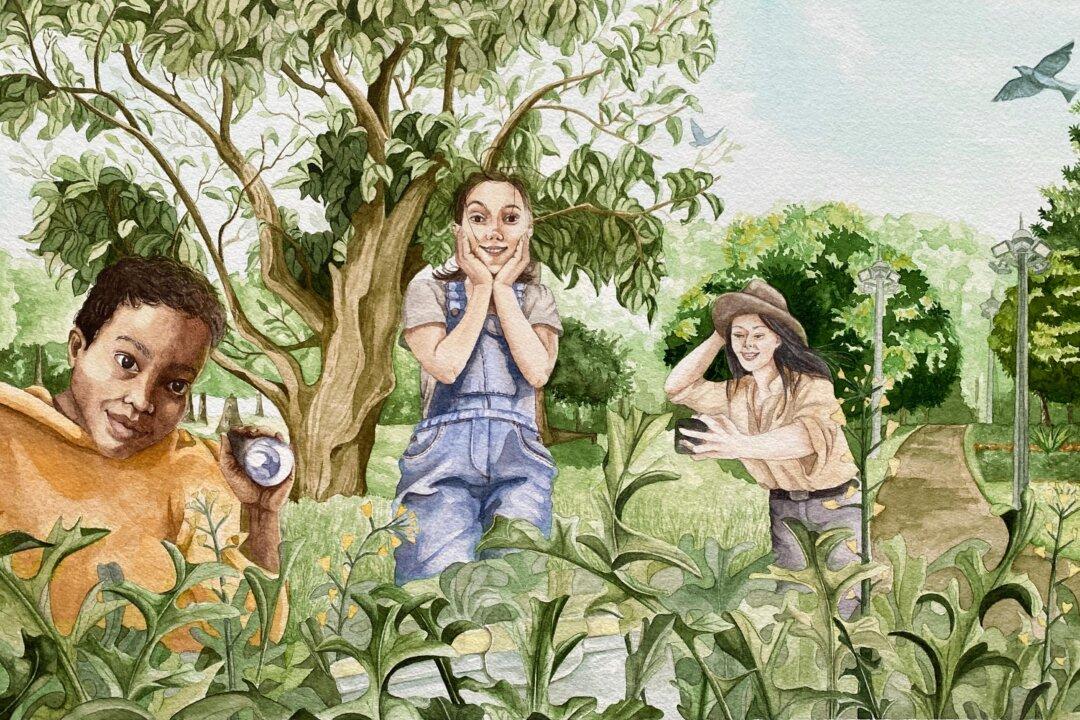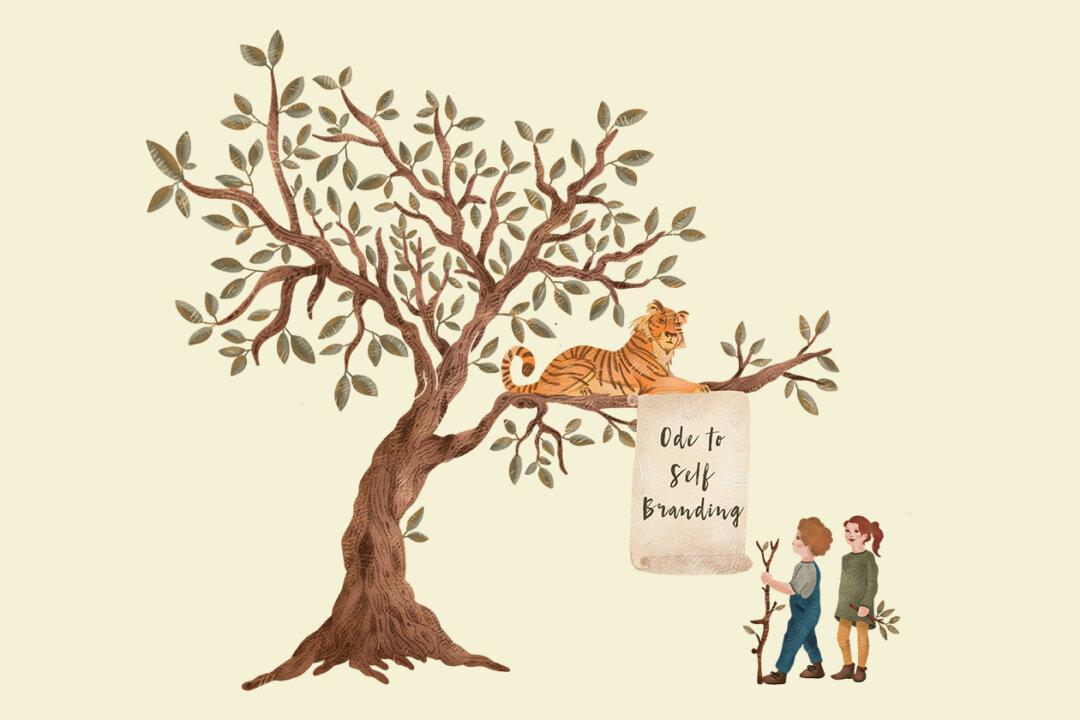Fifth grade was the first time students were introduced to band in the school where I taught, and I could usually count on about 85 percent of the class signing up to play an instrument. On Fridays, right before recess and lunch, all of these excited band members went to band while the rest of the class stayed back for a study hall. One day during one of these band rehearsal/study halls, I found myself eavesdropping on two students having a conversation. Before you judge me harshly, please read this story to the end.
The room was quiet when a student named Alex walked in, handed me a late excuse, and sat down next to another student named Hayden. Before long, they began talking quietly. They had never been friends, so I admit I was curious, and I began to listen to their conversation. Alex started by asking, “Hayden, you’re autistic, aren’t you?”





